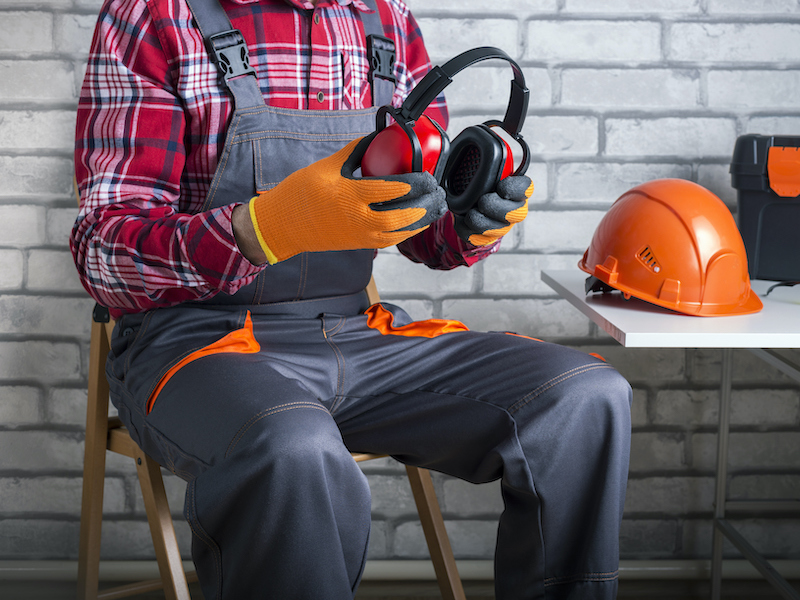
Your ability to hear is valuable – once it’s gone, the likelihood of getting it back in its natural form is not likely. But strangely, the general public tends to ignore hearing loss. As a matter of fact, permanent hearing loss affects one in every eight individuals (about 30 million people) over the age of 12 in the United States alone.
Protecting your hearing from the start is the best and simplest way to prevent hearing loss, but if you already have hearing loss you can recover much of your hearing with a hearing aid.
Protect your hearing with these five tips:
Don’t use earbuds
Earbuds are one of the biggest threats to hearing health today since they’ve come packaged with mobile devices going back to the first MP3 devices in the early 2000s. These little devices fit snugly into the ear canal and pump sound straight into the inner ear and the majority of smartphones come with them. Listening to a movie or music on your mobile device at full volume for just 15 minutes can cause irreversible hearing loss. The better option would be to get a set of earmuff-style headphones that go over your ears, which is made even better if you can find a set that has noise-canceling technology. Adhering to the 60/60 rule, which recommends a maximum volume of 60% for no higher than 60 minutes per day, is another safety measure to protect your hearing.
Reduce the volume
Earbuds don’t produce the only sounds that can damage your hearing. If you regularly listen to the radio or TV at loud volumes over prolonged periods, your hearing can also be damaged. Gun ranges, concerts, construction zone, and other noisy environments should be avoided. It may be unrealistic to completely avoid these settings particularly if they’re part of your job. If that’s the situation, then you’ll want to take note of the next item on the list.
Hearing protection will be helpful
Hearing protection is crucial if you work in an environment or enjoy hobbies that expose you to loud noises. 85 decibels over a period of 15 minutes is enough to cause hearing loss. Compare that to the following:
- The majority of concerts are between 100 and 120 decibels with headliners usually playing for about an hour and 20 minutes
- The noise of a construction site can be over 130 decibels and many workers spend 40 or more hours every week there
- The average gunshot clocks in at 149 decibels, which is multiplied and amplified over the course of a one hour trip to an indoor shooting range
The moral here is that you should invest in some type of hearing protection such as earmuffs or earplugs if you take part in any of these activities.
Take auditory breaks
There are times you just need to give your ears a break. If you participated in any of the activities listed above, you should make certain to take some quiet time for yourself so your ears can rest and recuperate, even if you were using ear protection. So after you leave a concert, you probably shouldn’t jump into your car and blast music.
Check your medicine
Your medicine may actually have a significant impact on your hearing. Aspirin, anti-inflammatories, antibiotics, and some heart and cancer medications have all been proven to cause hearing loss. The good news is that medication-associated hearing loss isn’t common and is more likely if you use two or more of those medications at the same time making it easier to prevent.
Are you coping with hearing loss and want to seek out new treatment? Schedule an appointment with us for a hearing exam.
Call Today to Set Up an Appointment
Resources
https://www.cdc.gov/nceh/hearing_loss/how_does_loud_noise_cause_hearing_loss.html
https://armeddefense.org/hearing-protection
https://www.uofmhealth.org/health-library/tf3092
